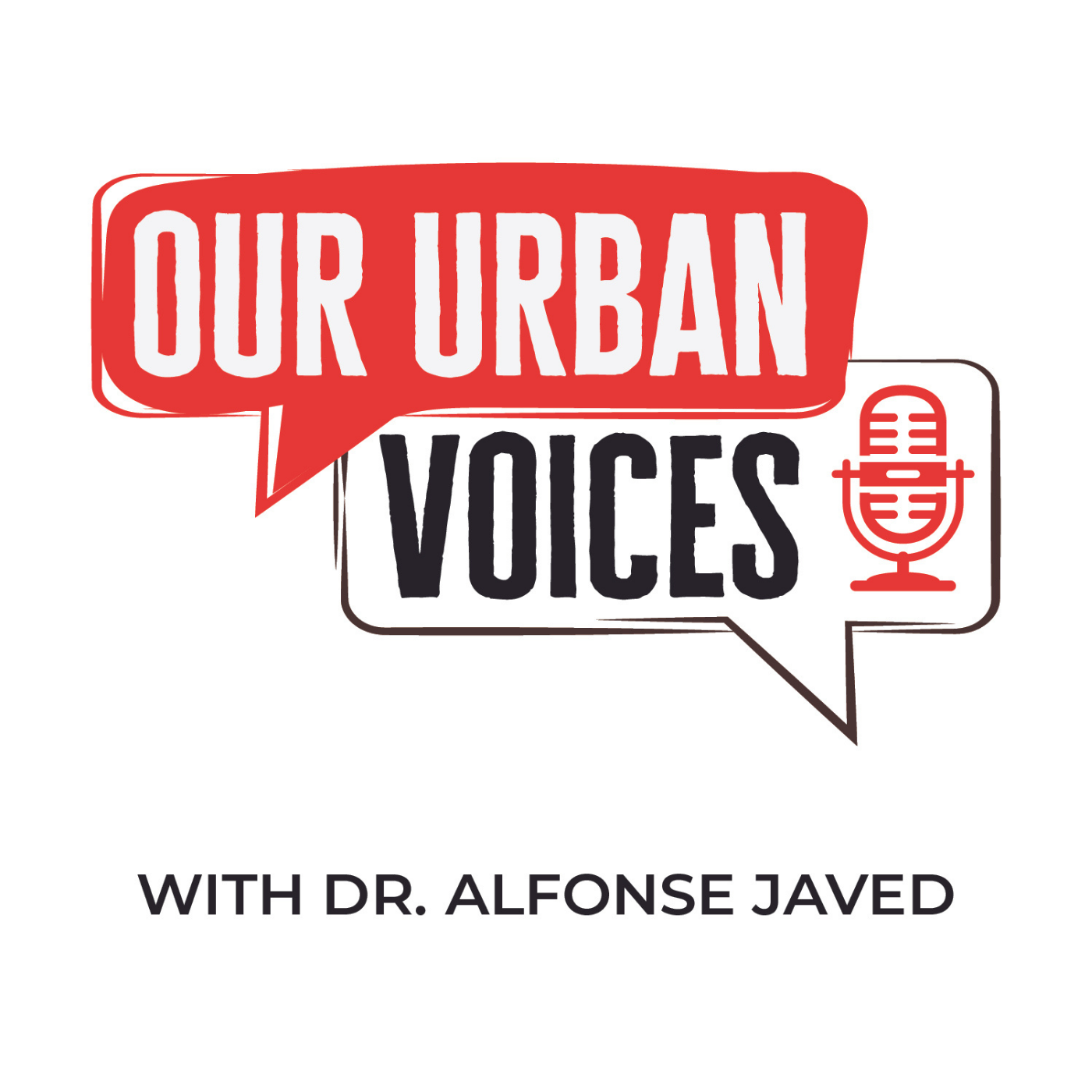Episode 99
#99. Bloom Where God Plants You
Quilen Blackwell is the president and co-founder of the Chicago Eco House, whose mission is to train inner city youth in sustainable social enterprises to alleviate poverty. The Chicago Eco House’s signature program is Southside Blooms, an off-grid flower farm youth social enterprise where participants convert vacant lots into commercial flower farms using solar powered rainwater irrigation.
WHAT YOU'LL LEARN:
- Why Southside Blooms is different
- Building strong families
- Be the industry and save the economy
ABOUT THE GUEST:
Chicago Eco House’s signature program is Southside Blooms, which creates jobs for young people on the south and west sides of Chicago. The Eco House has won several awards for its work including the UL Innovation Education Award, Delta Institute BOOST Award, the Keep Chicago Beautiful Community Vision Award, and the African American Legacy Award. Quilen is originally from Madison, WI, and moved to Chicago to attend ministry school.
While in ministry school, he volunteered at a local high school in the Englewood neighborhood on Chicago's south side. This is where he first got acclimated to the realities that young people face every day in the inner city. He decided to commit his life to creating opportunities for the young people in the inner city by utilizing his skills in community organizing and renewable energy.
Quilen holds a bachelor’s degree in history from the University of Wisconsin-Madison and a master’s degree in environmental policy and sustainability from the University of Denver. He worked in the biodiesel industry as a procurer of feedstock and served as a Peace Corps volunteer in Thailand prior to starting the Chicago Eco House. Quilen resides on the south side of Chicago with his wife Hannah (the other co-founder of Eco House) and their three children.
RELATED LINKS:
TIMESTAMPED SHOWNOTES:
02:27 - Introducing Quilen Blackwell, president and co-founder of the Chicago Eco House
02:53 - His family is his #1 ministry
03:53 - Journey to Chicago & the founding the Eco House
04:14 - Called by the Lord to move to Chicago
04:29 - Started volunteering at a high school during ministry school
04:42 - Opportunity to have relationships with families and see their needs
05:03 - Choice to serve the urban black community
05:12 - Mission to rebuild the economic foundation of the inner city
06:09 - What is Southside Blooms and why does it work?
07:00 - Southside Blooms is different because...
07:05 - Startup business as a viable flower shop
07:09 - Creating bottom up careers in the neighborhood
07:21 - Be the industry and save the economy
08:17 - Urban ministry intersects with other areas of expertise
08:29 - Taking skills, expertise, and experiences and channeling them toward kingdom purpose
08:41 - Not only using God's blessings to solve earthly problems, but to show heaven on earth
09:08 - Combine the spiritual need with physical needs
10:21 - Importance of family-focused programs
10:33 - Culture of single mother families
10:46 - Building block of successful family units
10:58 - Flowers in weddings gives opportunities to talk about marriage
11:20 - Giving a different vision of what family looks like
11:29 - Quilen & Hannah's marriage is a witness to the youth
12:18 - The ministry is really all about families
12:45 - Initial community response to Southside Blooms
12:57 - Survey the community, talk to politcal leaders, assess the need
13:14 - The real need is homegrown industry
13:31 - Pushback: why flowers and not food?
13:53 - Look at the business picture
14:27 - Now the results can be seen
14:30 - God gave an unconventional idea
14:44 - Christlike leadership and coming alongside people
14:56 - Moses' example leading Israel out of Egypt
15:27 - Unconventional ideas might not be favorable initially
16:20 - Hardest challenges
16:40 - Dangerous neighborhood
16:54 - Unbelief
17:52 - Fixation on the idea that things don't change
18:16 - Work to change: Why can't things get better?
18:36 - God can do more than you think - work in God's will
19:03 - Assumption about “bad” neighborhoods you would like to debunk
19:11 - Debunk that people don't care about their neighborhood
19:28 - People are people and want the same things
19:49 - There are a lot of hidden assets because people do want a better community
19:58 - Facing calamities overshadows improvements for a better community
20:12 - Opportunities for Christians to be the salt and light
20:58 - A doctor is for the sick, not the healthy
21:44 - Trust the Lord
21:56 - Be the answer to the problems
22:39 - Seeing God's hand in ministry work
22:45 - God is working every day
23:04 - When Southside Blooms was trying to get into the neighborhood in the early days
23:31 - Getting vacant properties
24:51 - Construction
25:28 - Southside Blooms started in the basement and the backyard
25:35 - Youth program to teach gardening
25:49 - God has grown the ministry to 10 acres of farms and two flower shops
26:09 - How individuals and church can promote environmental sustainability in urban areas
26:18 - Counting the cost
27:06 - Give your life as a seed
27:40 - Start small with a community garden or a school
29:05 - It's worth it!
30:13 - Knowing that my life mattered
30:35 - Don't think about the short-term pain; think about the long-term gain
DID YOU APPRECIATE THIS PODCAST?
Checkout previous episodes, leave a review, drop us a note or support the mission here: oururbanvoices.com
